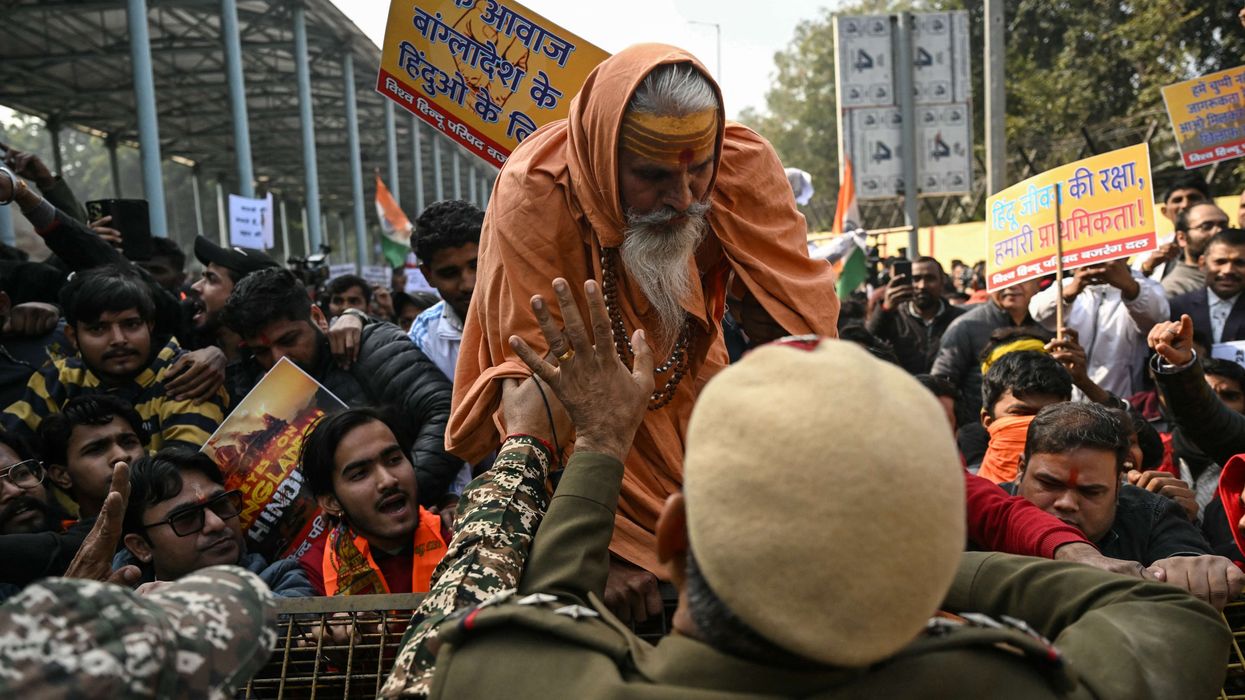AMERICA is India’s preferred trade partner in its journey to become a $5 trillion economy by 2024, said the new Indian envoy to the US, Taranjit Singh Sandhu.
Addressing a gathering of the American business community at a reception hosted by the US-India Strategic and Partnership Forum on Friday (7), Sandhu said that the potential for cooperation between the US and India was limitless.
He said Prime Minister Narendra Modi has set the goal for India to grow from a $3 trillion economy today to a $5 trillion economy by 2024, and a $10 trillion economy by 2030.
“In this journey, Prime Minister Modi has made it clear that the US is a preferred partner for trade and business,” said Sandhu.
“The relations between our governments has found a new momentum, getting its energy from the warm friendship between our leaders. US President (Donald Trump) and our Prime Minister (Modi) have met four times last year,” he said.
Observing that people from the business community across both the countries contribute so much to this relationship, he said, adding that entrepreneurs, businessmen and women have been the key stakeholders of India-US ties.
More than 2,000 US companies have a presence in India. Over 200 Indian companies have invested USD 18 billion in the US, creating more than 100,000 direct jobs. Two-way investment between India and the US reached $60 billion in 2018, said Sandhu.
Bilateral trade is growing at 10 per cent on a year-to-year basis and reached $160 billion in 2019, he said.
“This makes me bullish about our relationship. The best is yet to come. When US capital and expertise meet the Indian market and Indian mind, we should aim for nothing less but the sky,” said Sandhu.
Referring to his first stint in Washington DC as a young Indian diplomat in 1997, Sandhu said he always sensed the potential of the US-India partnership and wondered how it could move forward.
“We are both vibrant democracies, open and multi-cultural societies based on the rule of law. Our partnership today is as natural as it is seamless, based on the strong people-to-people connections. We have become global strategic partners and our collaboration cuts across spheres of activity which was unimaginable two decades ago,” said the ace diplomat.
Sandhu, a 1988-batch Indian Foreign Service official, has had two successful stints at the Indian Embassy in Washington DC--the last one being Deputy Ambassador from July 2013 to January 2017.
He succeeds Harsh Vardhan Shringla, who has been promoted as the Foreign Secretary. Sandhu, till last week, was India’s High Commissioner to Sri Lanka.











